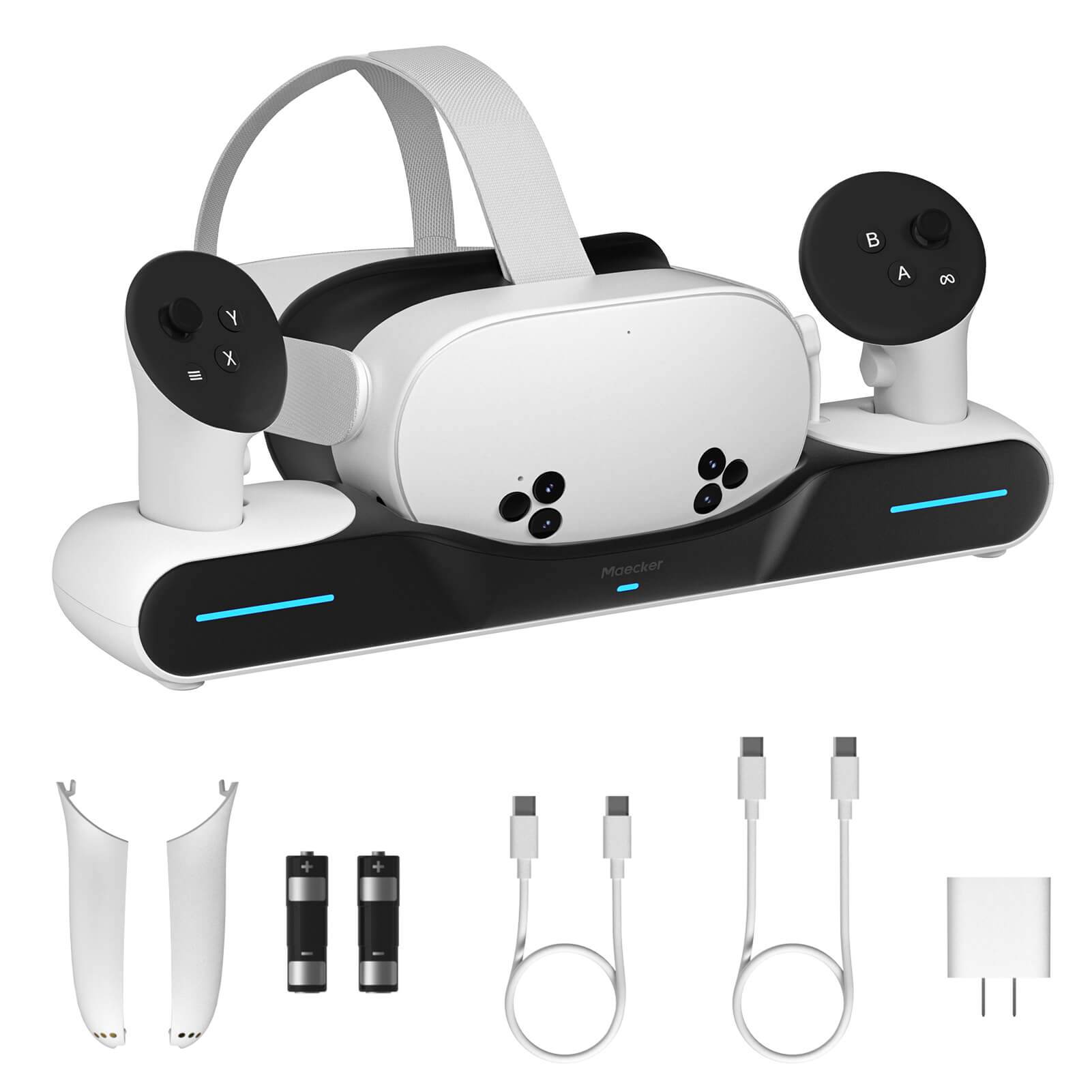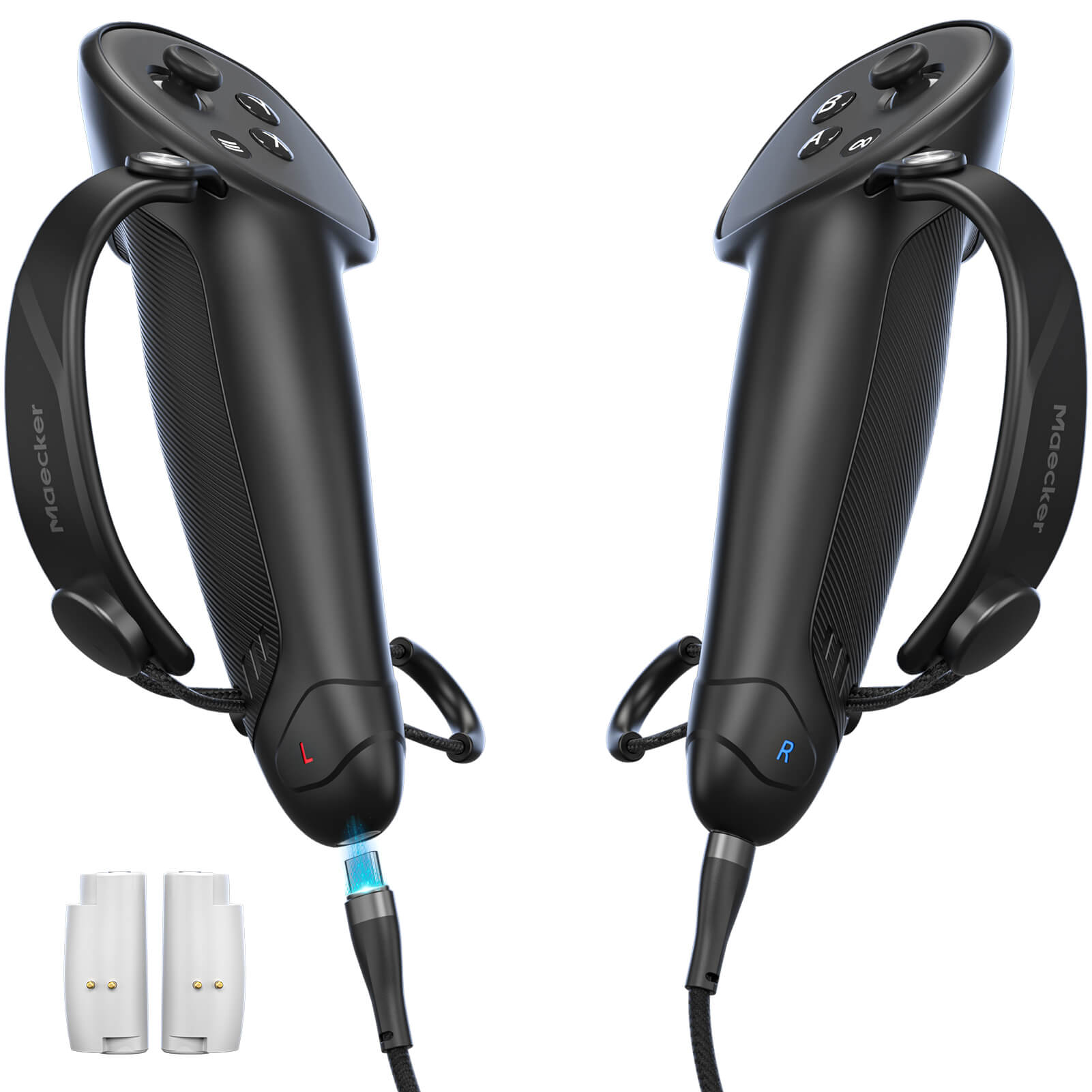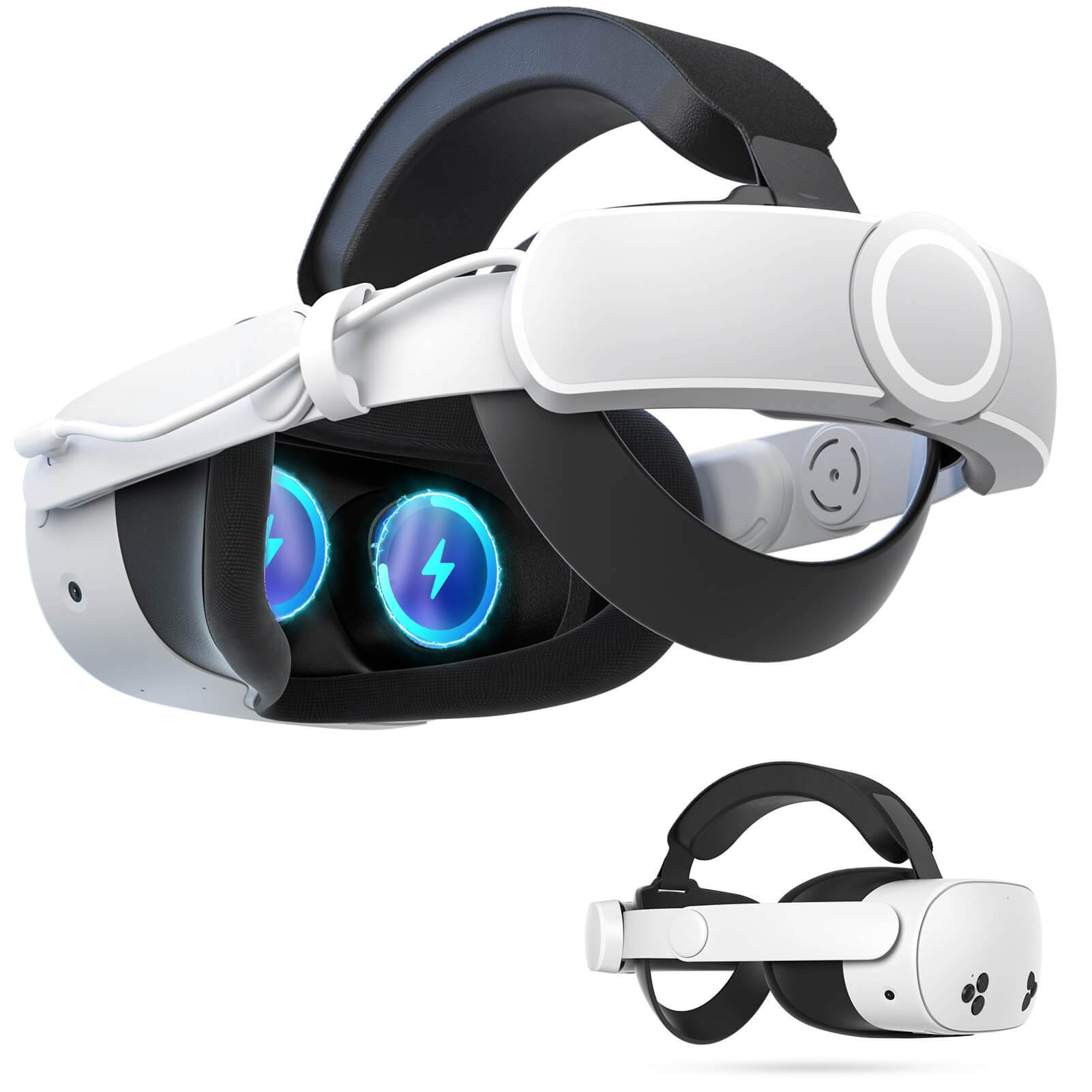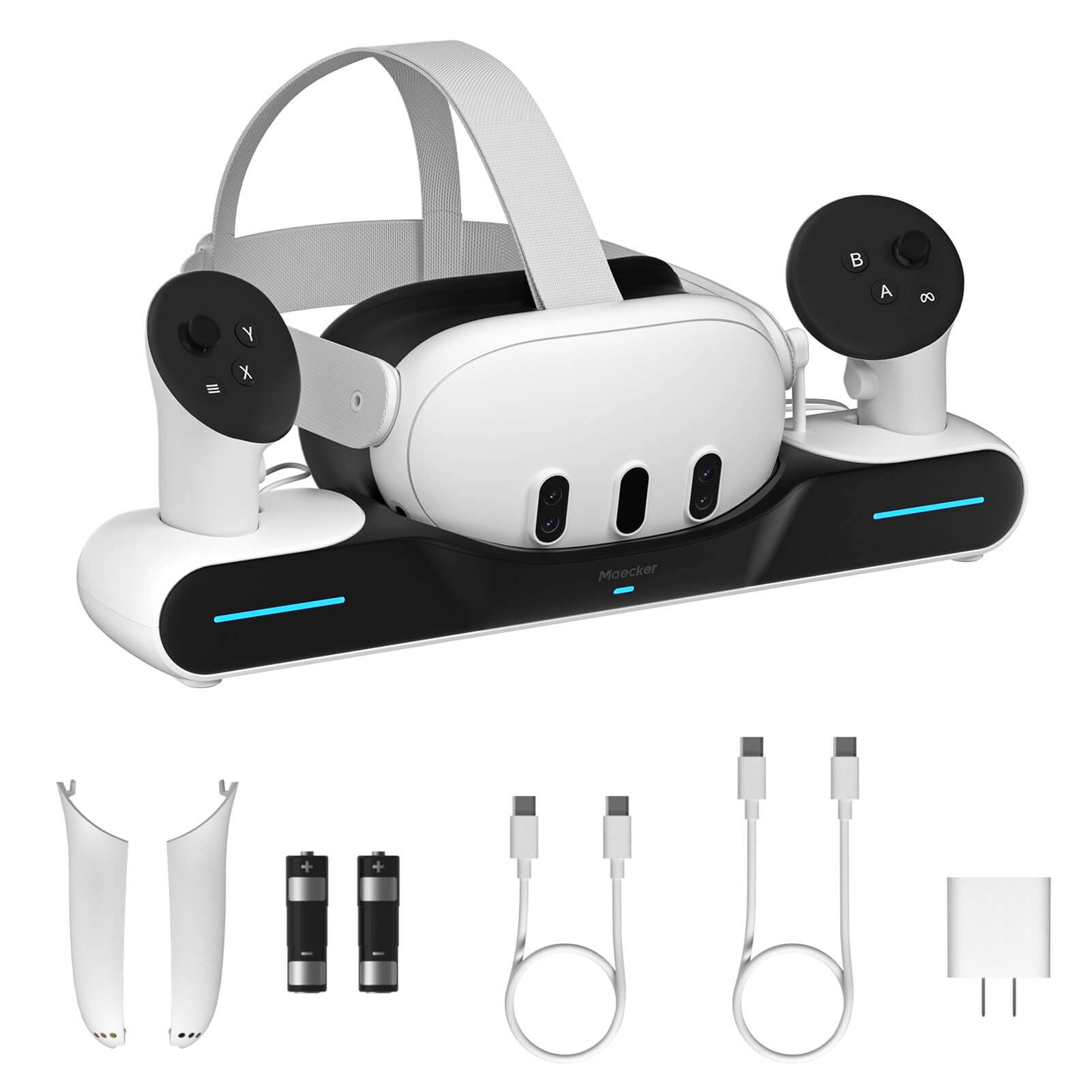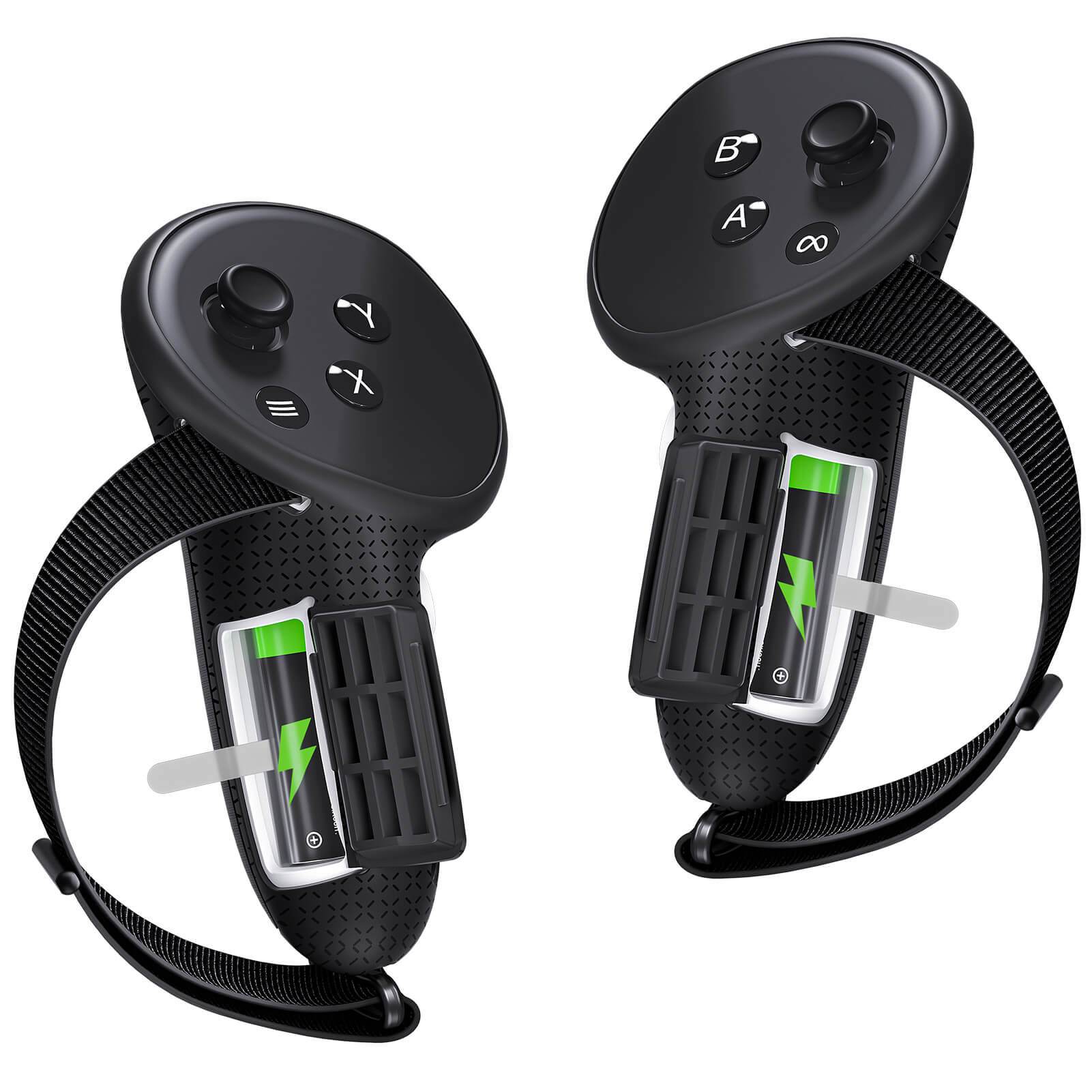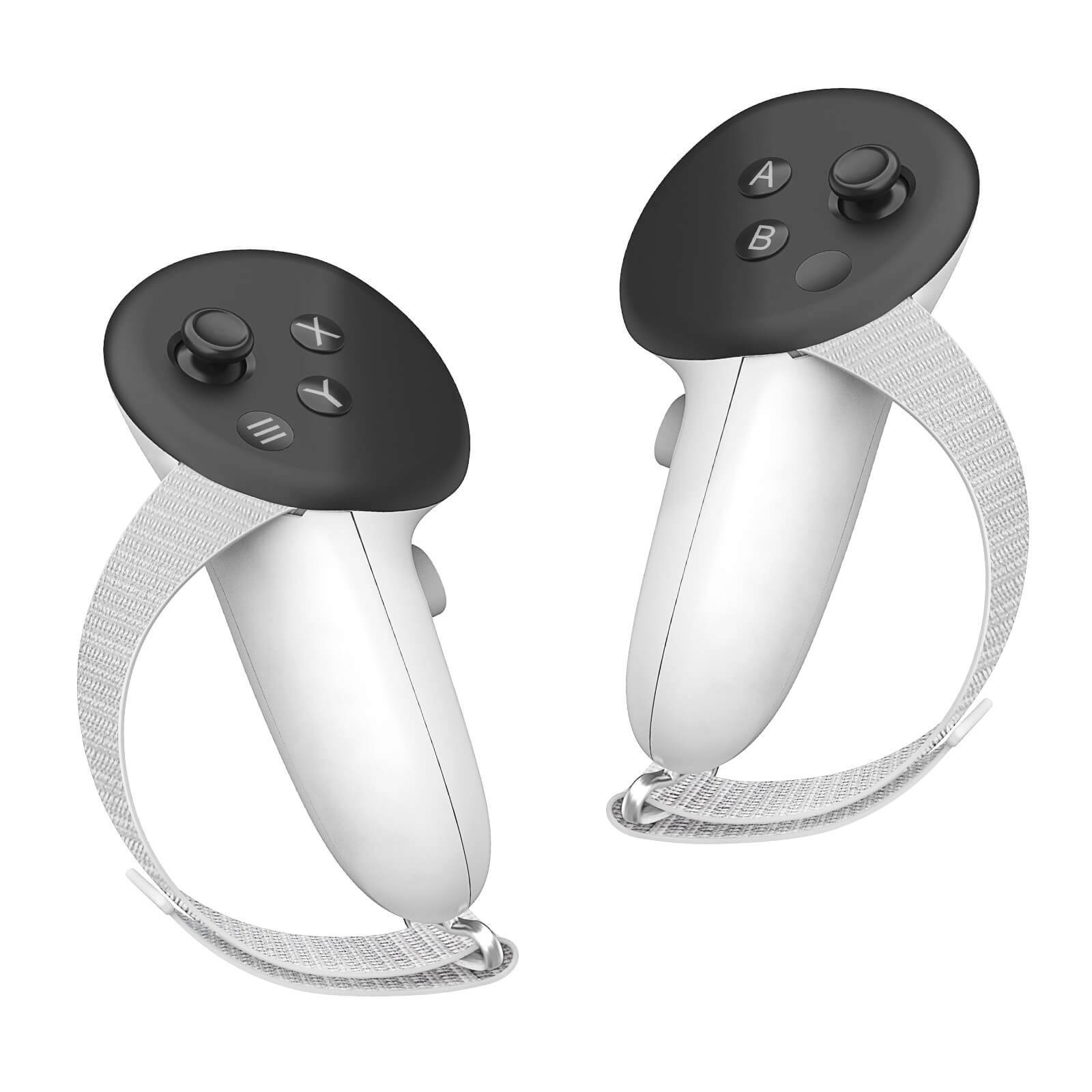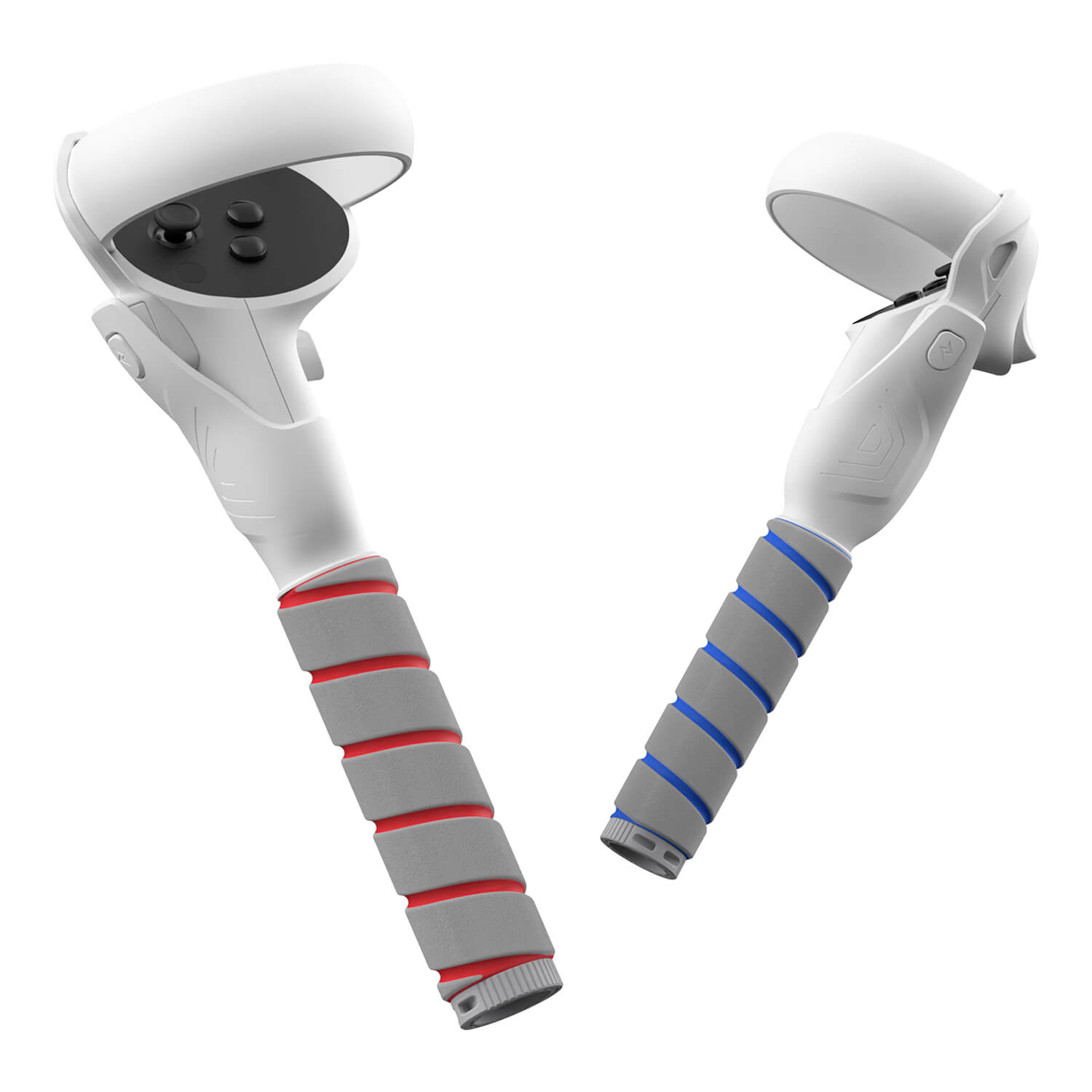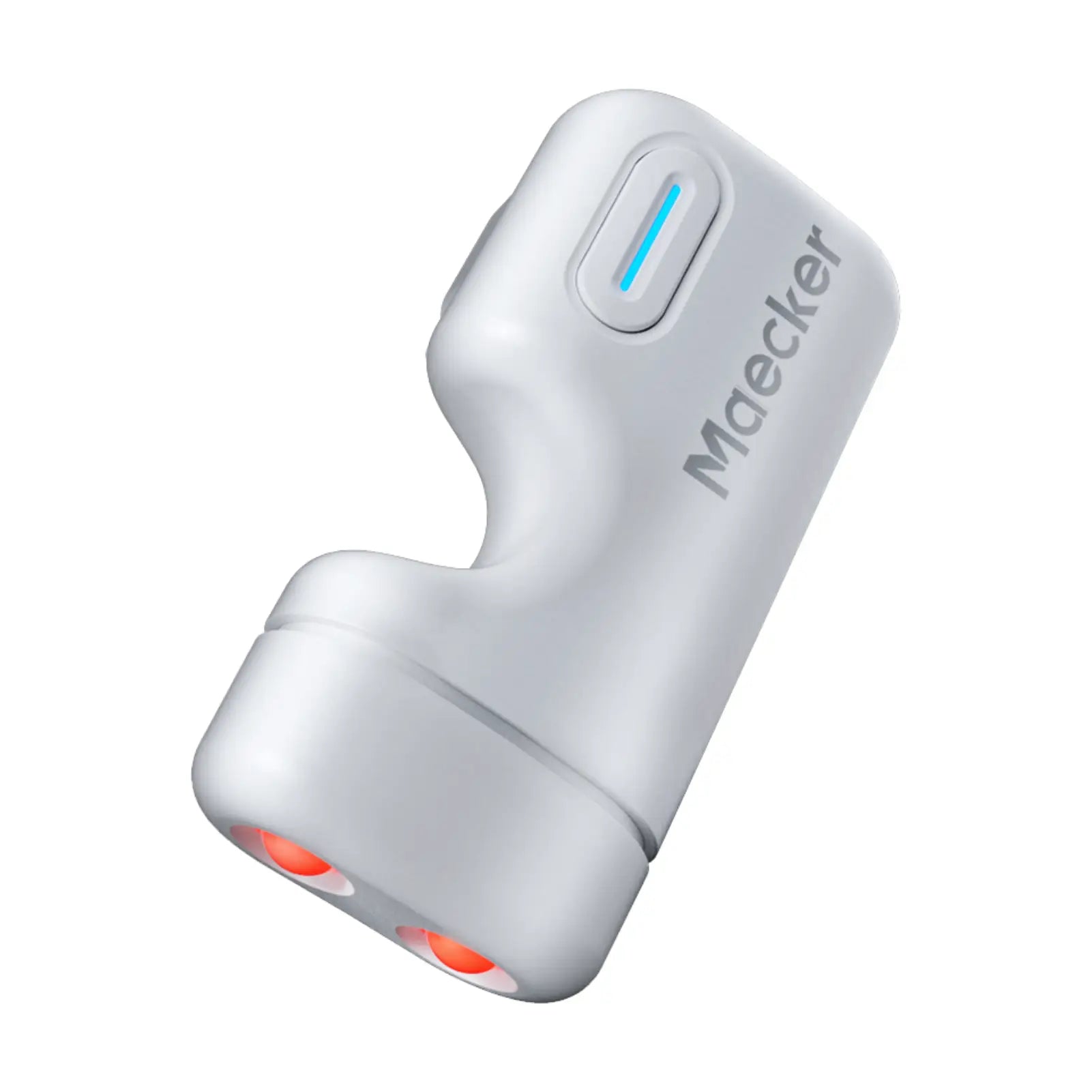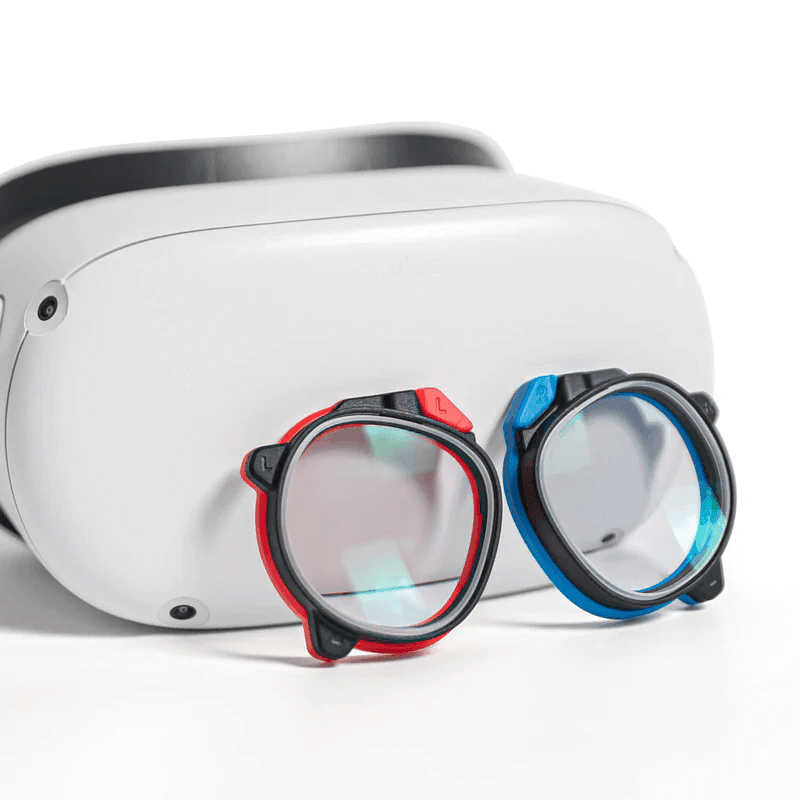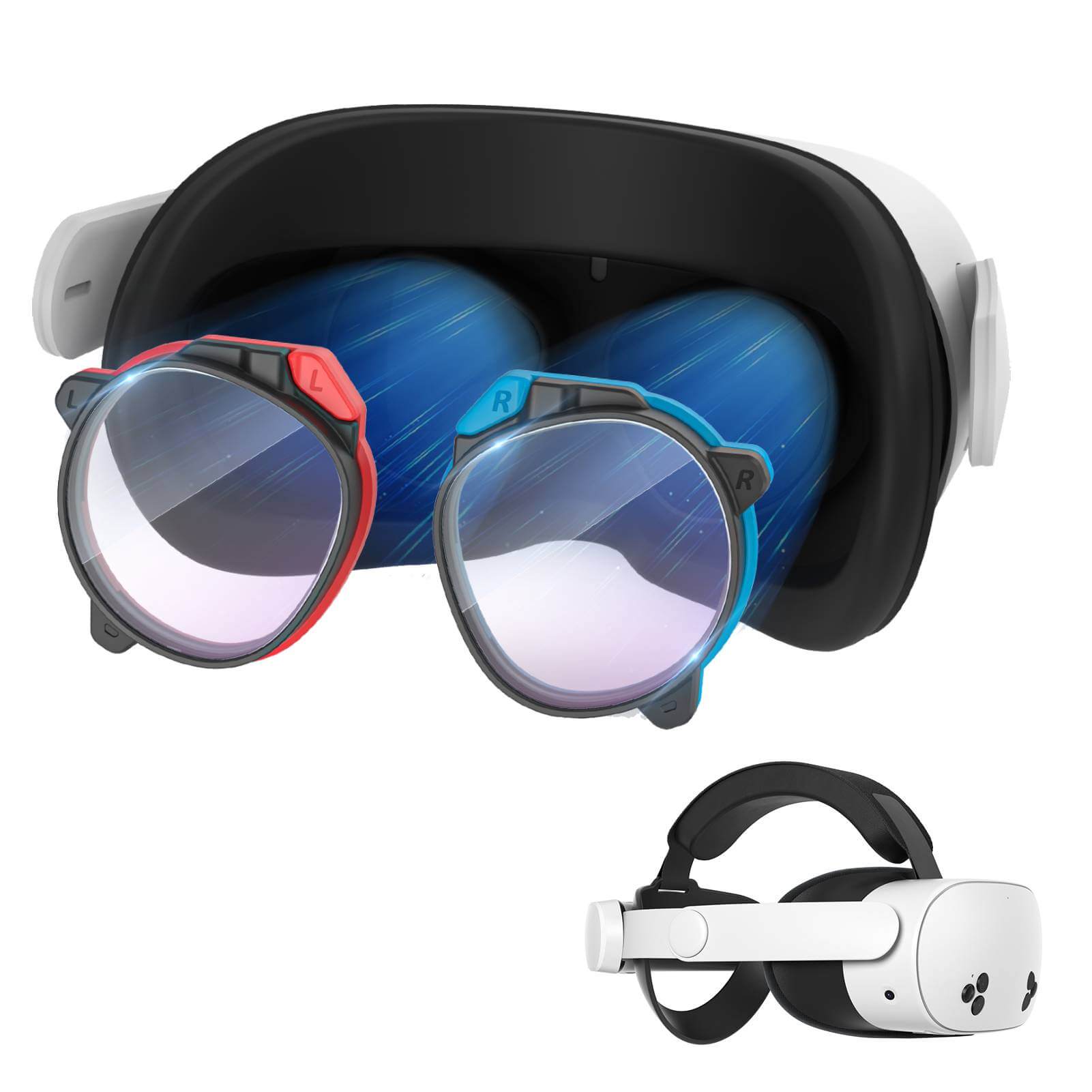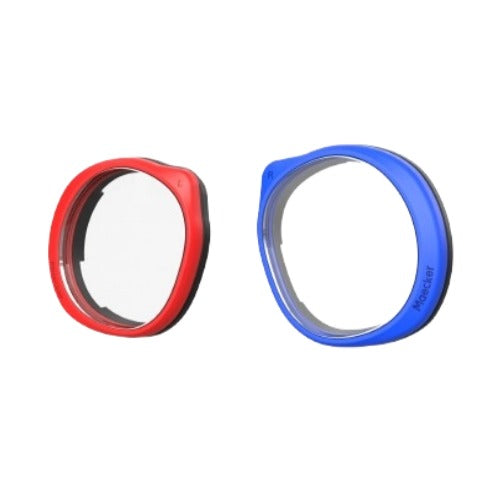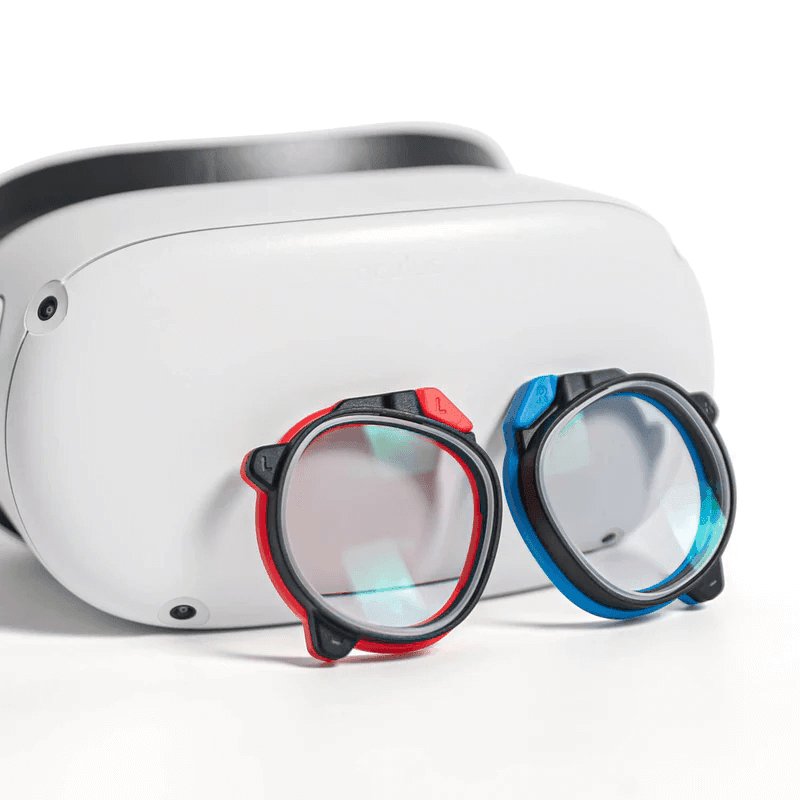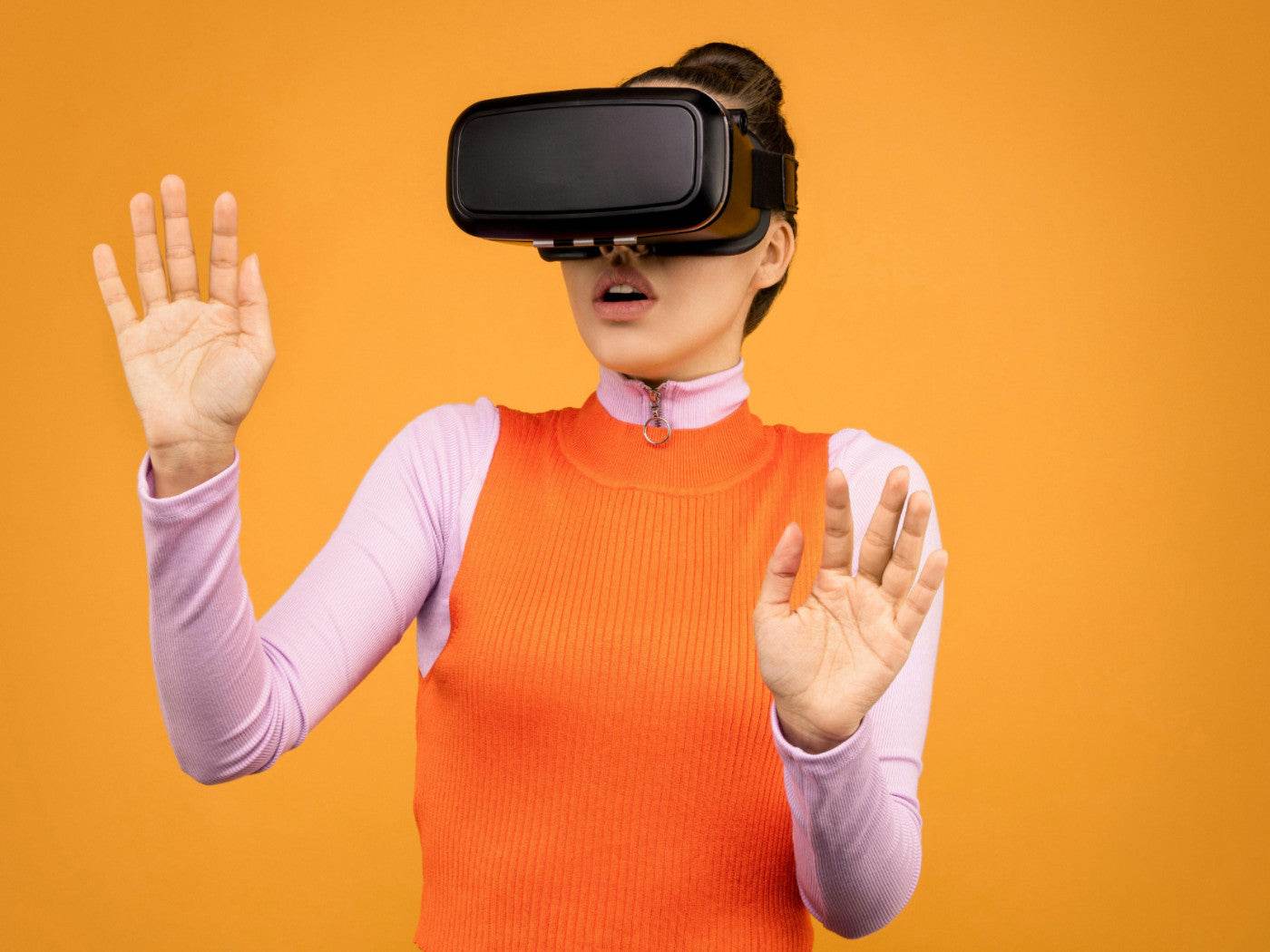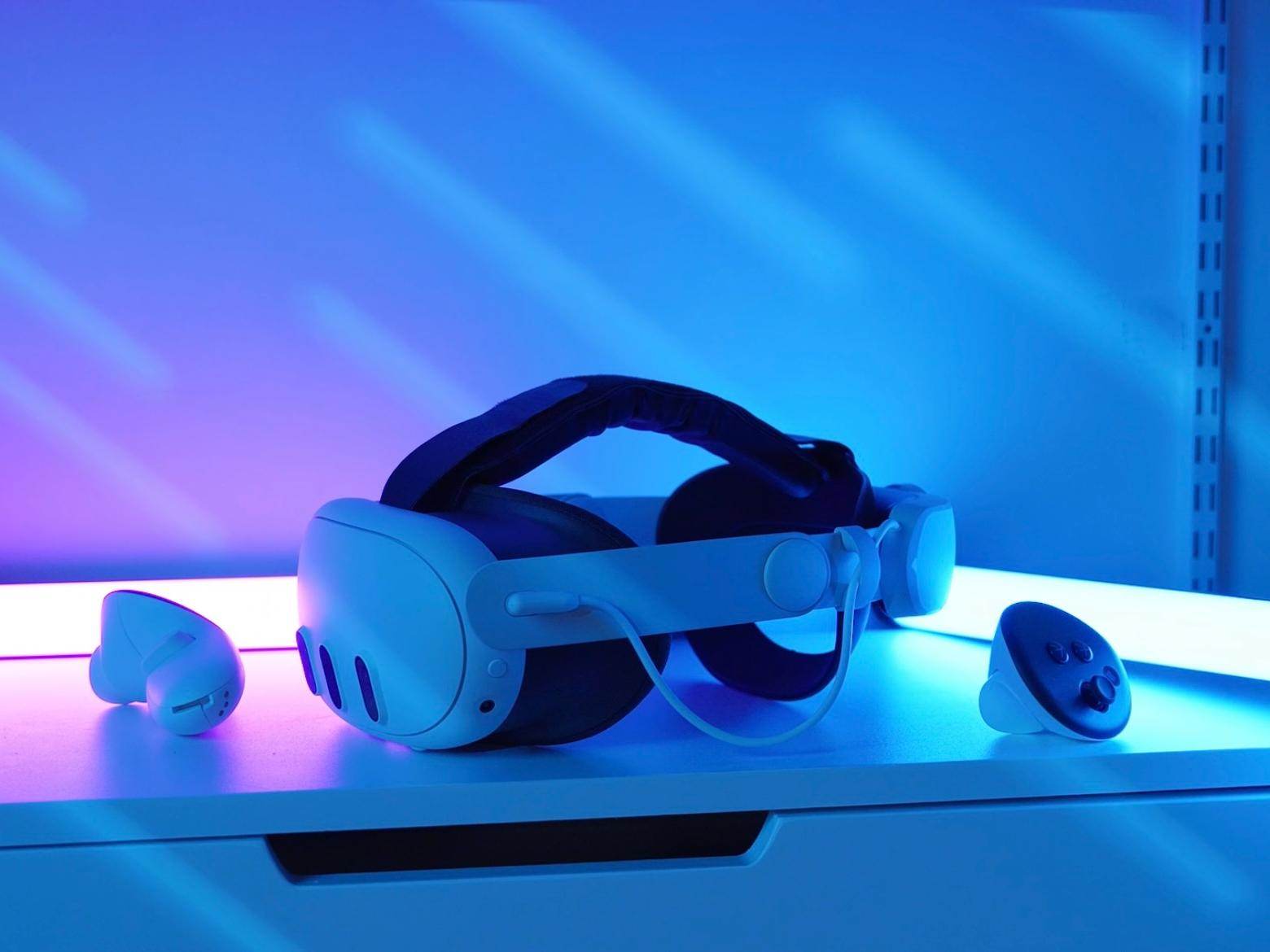In today's digital world, we're constantly exposed to screens, from smartphones to computers, often without realizing the effect they have on our health. One of the most discussed concerns is blue light, a specific type of light emitted by these devices.
While it may not seem harmful, prolonged exposure can disrupt sleep patterns and affect overall well-being. Understanding what blue light is and how it affects sleep can help you take steps to protect your rest and health from its effects.
What Is Blue Light?
Blue light is a specific range of the light spectrum that has shorter wavelengths and higher energy. While it’s found in natural sunlight, it's also emitted by artificial sources like LED lights, smartphones, computer screens, and televisions. This type of light is known for its stimulating effect on the brain and body, making it difficult to wind down, especially when exposed at night.
Sources Of Blue Light
While the sun is the primary source of blue light, modern devices have added to our daily exposure. Some common sources include:
Digital Screens
Phones, tablets, laptops, and televisions emit blue light, contributing to eye strain and sleep disturbances.
LED Lighting
Energy-efficient LED bulbs, commonly used in homes and offices, emit significant amounts of blue light.
Fluorescent Lighting
Fluorescent lamps, another common source of artificial lighting, also emit blue light, though less intensely than LEDs.
How Blue Light Affects Sleep

One of the most important aspects of blue light is its impact on the sleep cycle. Here’s how it can interfere with your rest:
1. Disrupts Melatonin Production
Blue light decreases melatonin production, which is the hormone that helps regulate sleep cycles. When exposed to blue light in the evening, melatonin production is delayed, making it harder to fall asleep.
2. Alters Circadian Rhythm
The body’s internal clock, or circadian rhythm, relies on natural cues like sunlight to determine sleep and wake cycles. Exposure to blue light after sunset tricks the brain into thinking it’s still daytime, disrupting the natural sleep cycle.
3. Difficulty Falling Asleep
If you're using devices emitting blue light before bed, you may experience trouble falling asleep or staying asleep throughout the night.
Blue Light And Eye Health
Beyond affecting sleep, prolonged exposure to blue light can also impact eye health. While more research is needed, some studies suggest that excessive exposure to artificial blue light could contribute to digital eye strain, causing symptoms like:
- Dry Eyes
- Blurred Vision
- Headaches
Long-Term Effects Of Blue Light Exposure
Regular exposure to blue light, especially at night, can have several long-term effects on health, including:
Sleep Deprivation
Chronic lack of sleep due to blue light exposure can lead to fatigue, cognitive decline, and reduced productivity.
Increased Risk Of Health Issues
Long-term sleep disturbances are linked to a higher risk of obesity, diabetes, heart disease, and even depression.
Eye Strain And Fatigue
Prolonged exposure to digital screens can result in digital eye strain, causing discomfort, dryness, and headaches.
The Impact Of Blue Light In VR
Virtual reality systems, like Meta Quest, have screens positioned close to the eyes, exposing users to significant levels of blue light during extended gameplay. While the immersive experience is engaging, prolonged use may lead to eye strain, headaches, and disrupted sleep cycles due to blue light exposure.
VR headset manufacturers have started incorporating blue light filters or prescription lens accessories to reduce the harmful effects.
How To Reduce Blue Light Exposure In VR

Reducing blue light exposure during VR gameplay can help minimize its negative effects. Here are some practical steps:
Use Blue Light Filters
Many VR headsets come with blue light filter options. This setting adjusts the display, limiting blue light emissions.
Opt For Prescription Lenses
VR prescription lenses, especially those with blue light-blocking coatings, can reduce eye strain.
Take Regular Breaks
Even in VR, it's important to step away from the screen every 20-30 minutes to rest your eyes.
Lower Brightness
Adjust the brightness settings of your VR headset to reduce blue light exposure. Lower levels can decrease strain while maintaining a clear visual experience.
Recommended VR Prescription Lenses
Conclusion
Managing blue light exposure is crucial for maintaining a healthy sleep cycle and overall well-being. By understanding how blue light affects melatonin production and the circadian rhythm, you can take practical steps to reduce its impact.

